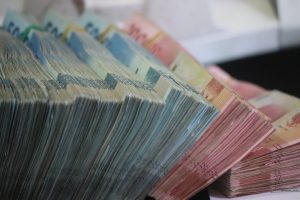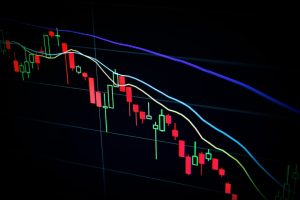Forex or foreign exchange market is considered the largest and most liquid financial market in the world. It operates 24 hours a day, five days a week, and involves the buying and selling of currencies from different countries. One of the key features of the forex market is that it is decentralized, meaning there is no central authority or exchange that governs it. In this article, we will explore how the forex market is decentralized and what implications it has for traders.
Decentralization in forex means that there is no central marketplace where all the currency transactions take place. Instead, the market is made up of a network of financial institutions, including banks, brokers, and dealers, who trade with each other directly or through electronic networks. This network is known as the interbank market and is the primary source of liquidity for the forex market.
The decentralized nature of the forex market has several advantages. One of the most significant benefits is that it allows traders to access the market from anywhere in the world. As long as they have an internet connection, traders can participate in the market and execute trades. This accessibility has made forex trading popular among retail traders who can trade from the comfort of their homes.
Another advantage of decentralization is that it creates a more competitive market. Because there is no central authority, different financial institutions can offer different prices for the same currency pair. This competition ensures that traders get the best possible prices for their trades, which can lead to higher profits.
Decentralization also means that the forex market is less susceptible to manipulation. In a centralized market, a single entity can influence prices by buying or selling large amounts of currency. In contrast, in the decentralized forex market, it is much harder for any one entity to manipulate prices due to the sheer size and complexity of the market.
However, decentralization also has its drawbacks. One of the main disadvantages is that the forex market lacks transparency. Because there is no central exchange, traders cannot see the exact prices at which other traders are buying and selling currencies. This lack of transparency can make it difficult for traders to make informed decisions about when to enter or exit trades.
Additionally, the decentralized nature of the forex market means that there is a higher risk of fraud and scams. Traders need to be vigilant and choose reputable brokers who are regulated by financial authorities to ensure their safety and security.
In conclusion, the forex market is decentralized, which means there is no central authority or exchange that governs it. Instead, the market is made up of a network of financial institutions that trade with each other directly or through electronic networks. Decentralization offers several advantages, including accessibility, competitiveness, and resistance to manipulation. However, it also has its drawbacks, such as a lack of transparency and a higher risk of fraud and scams. Traders need to be aware of these pros and cons and choose their brokers carefully to succeed in the forex market.






